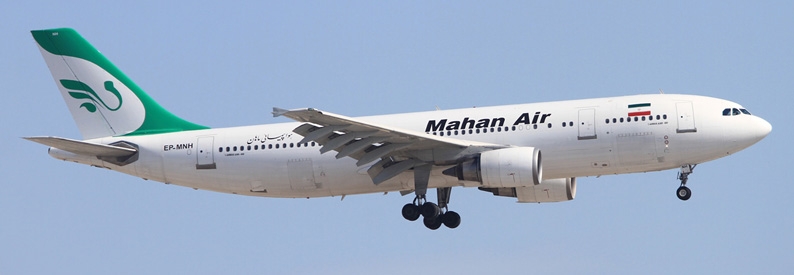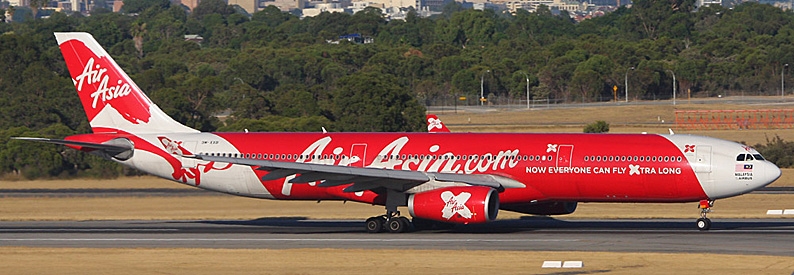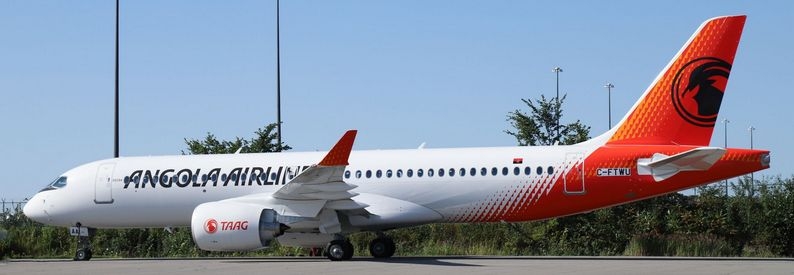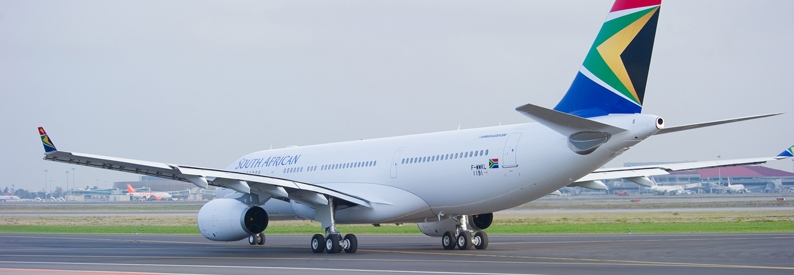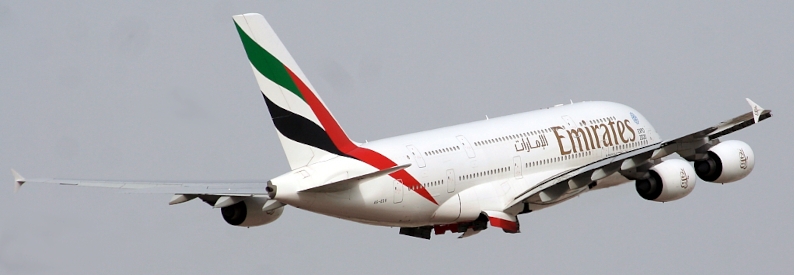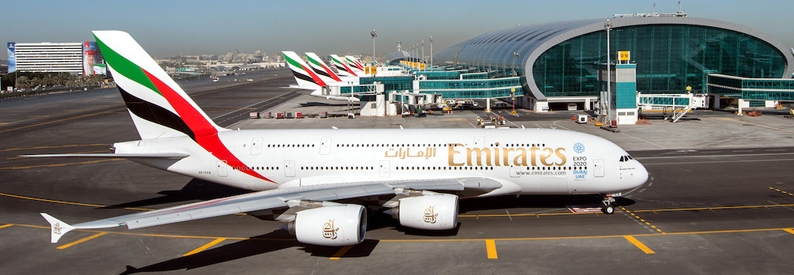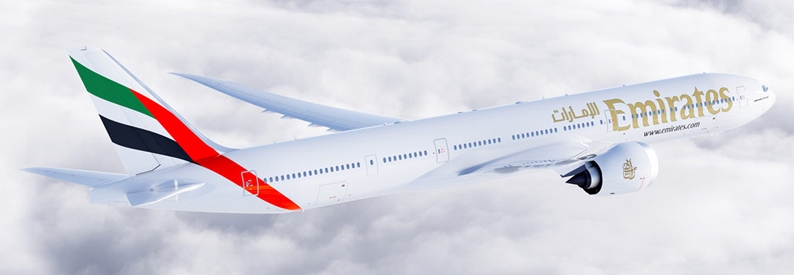Emirates (EK, Dubai International) CEO Tim Clark has warned American Airlines, Delta Air Lines, and United Airlines not to pursue a renegotiation of the Open Skies pact between the United States and the United Arab Emirates as such a move would need to be followed by similar steps taken with regard to Asian and European agreements.
"In the case, you take action against us because we are successful at what we do, you open a Pandora's box of headaches because effectively you have to change everything," he told Reuters.
The three major American carriers have accused their main Gulf competitors, Emirates, Etihad Airways, and Qatar Airways, of receiving a total of more than USD40 billion in state aid from their respective governments over the last decade. Such support would constitute a violation of competition rules prescribed in the Open Skies agreement. All three Middle Eastern carriers have denied these allegations.
"[They] need to be reminded of the fact that we have not one inch stepped over the line with regard to what you're allowed to do," Clark said, adding that the Open Skies agreement does not govern labour conditions or aircraft ownership details.
He underlined that Emirates, despite being wholly-owned by the government of Dubai, has announced its financial results and has undergone audits on par with publicly-listed companies for the last few years. Qatar Airways recently agreed to publish its financial statements.
Clark added that while the Gulf carriers bear the brunt of their US counterparts' scrutiny, there are airlines from other parts of the world that openly receive significant public subsidies. This includes Chinese carriers which, according to Bloomberg, reportedly received USD1.3 billion in state aid in 2016 alone.
The Emirates boss also warned that should the Open Skies pact with the US be scrapped or renegotiated, the carrier may be forced to reconsider its orders with Boeing (BOE, Washington National) for thirty-five B777-8s and 115 B777-9s.
- Type
- Base
- Aircraft
- Destinations
- Routes
- Daily Flights

